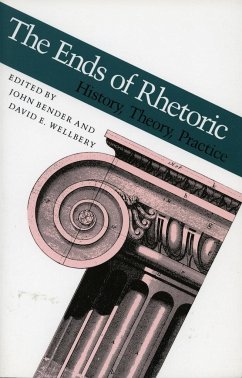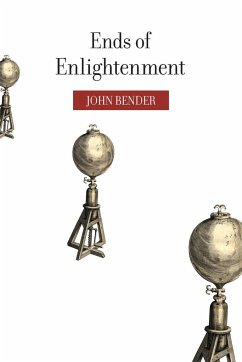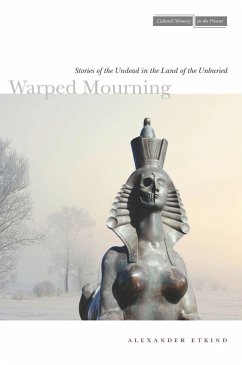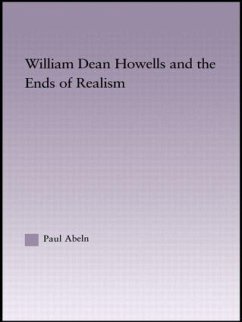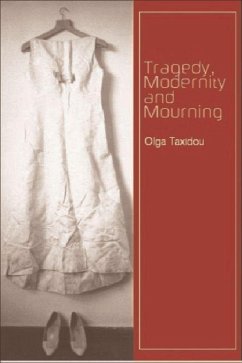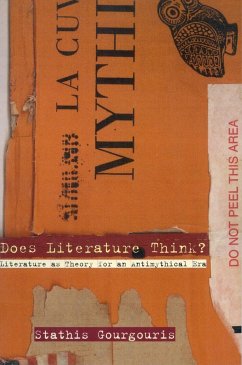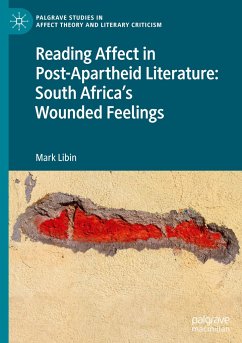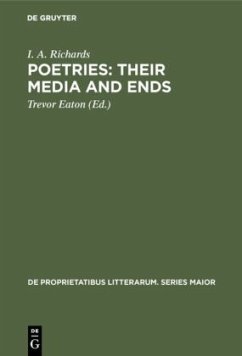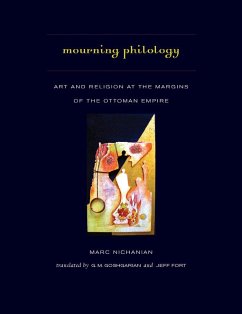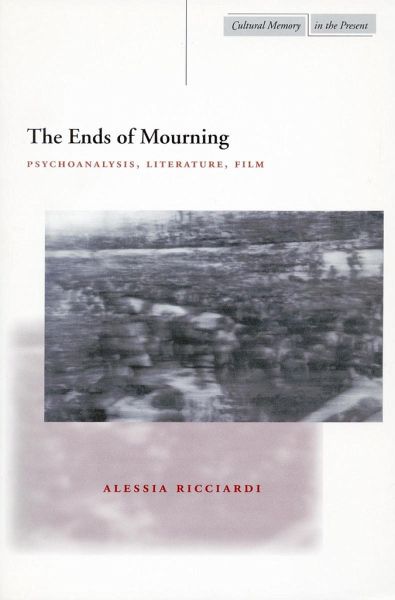
The Ends of Mourning
Psychoanalysis, Literature, Film
Versandkostenfrei!
Versandfertig in über 4 Wochen
116,99 €
inkl. MwSt.
Weitere Ausgaben:

PAYBACK Punkte
58 °P sammeln!
"Alessia Ricciardi's The Ends of Mourning is a cogently argued and beautifully written work that deals with the fascinating and timely question of mourning. Ricciardi's book advances the existing body of work on trauma by considering the place of mourning in the transition from modernity to postmodernity. This place is, we learn, a missing place, for there is an important sense in which mourning is absent from the collective theoretical consciousness of our time; with a few exceptions, theory of the postmodern era has tended to promote a sense of the post-historical, as though we could somehow...
"Alessia Ricciardi's The Ends of Mourning is a cogently argued and beautifully written work that deals with the fascinating and timely question of mourning. Ricciardi's book advances the existing body of work on trauma by considering the place of mourning in the transition from modernity to postmodernity. This place is, we learn, a missing place, for there is an important sense in which mourning is absent from the collective theoretical consciousness of our time; with a few exceptions, theory of the postmodern era has tended to promote a sense of the post-historical, as though we could somehow be simply free and clear of the past without ever having to mourn it. " --Peter Connor, Barnard College "Alessia Ricciardi's truly outstanding book makes a significant contribution to critical theory in general and to psychoanalytically informed cultural criticism in particular. In many respects, it will prove to be a landmark study. . . . The End of Mourning is an extensive, brilliant, and brilliantly executed exposition of a complex and challenging theoretical and historical argument: that twentieth-century culture and thought has been impoverished--in spite of a fascination and indeed obsession with all things historical--by refusal to consider the implications of Freud's emphasis on mourning as a proper way of relating to the past." --Ulrich Baer, New York University



